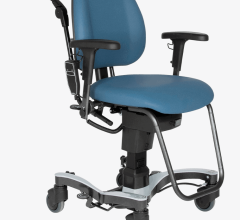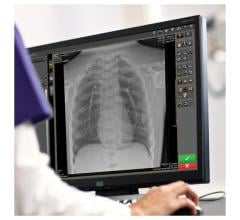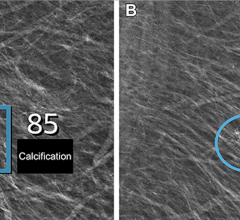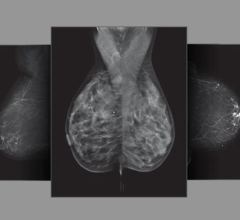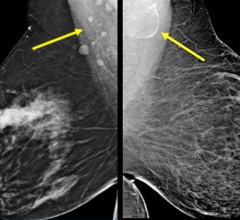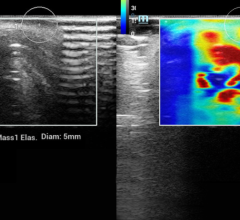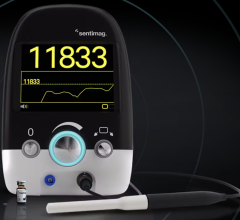April 27, 2012 — Matakina International Ltd. of Wellington, New Zealand, announced that it has signed a distribution agreement with Commit; Oy of Finland to distribute Volpara to its customer base. The Volpara breast density software works on images from most X-ray vendors and is CE marked and U.S. Food and Drug Administration (FDA) cleared.
“Volpara’s vendor-neutral stance and scientifically proven capability to measure breast density is the key for adoption across whole breast screening programs,” said Ralph Highnam, CEO of Matakina International Ltd. “Inking this deal with Commit allows one of the most preeminent healthcare companies in Finland to give Finnish women the opportunity to start receiving this important breast health information.”
“Commit sees that it is vital to the success in this demanding field to increase quality of work in both image acquisition and also in reading of breast images. Whereas our products to date focus on improving productivity, we are increasingly looking for dedicated tools to increase clinical impact in the overall process,” said Markku Myllylä, CEO of Commit; Oy.
Breast tissue density has not only been linked to an increased risk of breast cancer, it also decreases the sensitivity of the mammogram and thereby may impact early detection. Several large studies have confirmed that as tissue density increases, the accuracy of mammography decreases. Thirty-five percent of breast cancer goes undetected by mammography in women with dense breasts, as density masks the appearance of tumors (Boyd et al 2007, NEJM). Since both dense breast tissue and cancer appear white on a mammogram, finding cancers can be analogous to looking for a snowball in a snowstorm.
The Volpara breast imaging software computes volumetric breast tissue density from digital mammograms, providing radiologists a reliable tool to automatically generate objective volumetric breast density values. The software also assists radiologists by providing an objective, automatic measurement of volumetric breast tissue density and provides the Volpara Density Grade that is correlated with the American College of Radiology BIRADS Density Grading Classifications. Volpara integrations with other digital mammography systems, computer-aided detection (CAD) systems and mammography reporting system are also under way.


 July 29, 2024
July 29, 2024 

